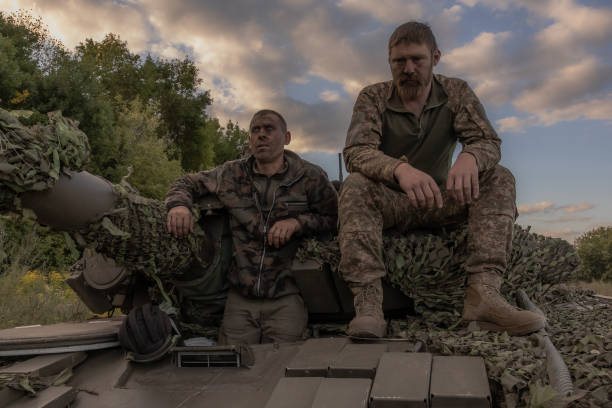
The Ukraine Conflict continues to dominate global geopolitics, as world powers like the United States, Russia, and Ukraine engage in high-stakes negotiations. The Ukraine Conflict has intensified discussions on international diplomacy, military strategy, and economic stability. The U.S. is pushing for rapid diplomatic progress, while Russia, under Vladimir Putin, is taking a more measured approach, ensuring that any agreements are carefully structured.
Trump’s Ultimatum to Iran and Strategic Implications
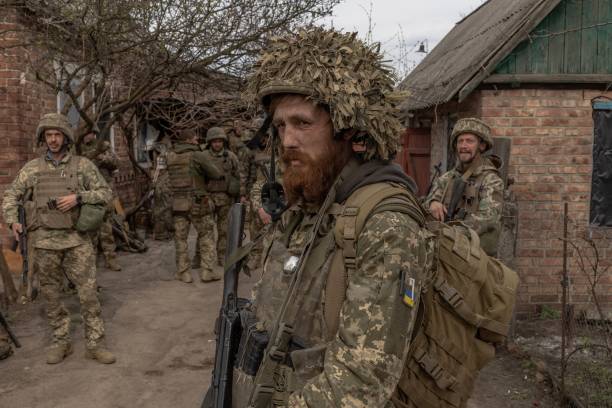
US Negotiation Tactics and Diplomatic Pressure
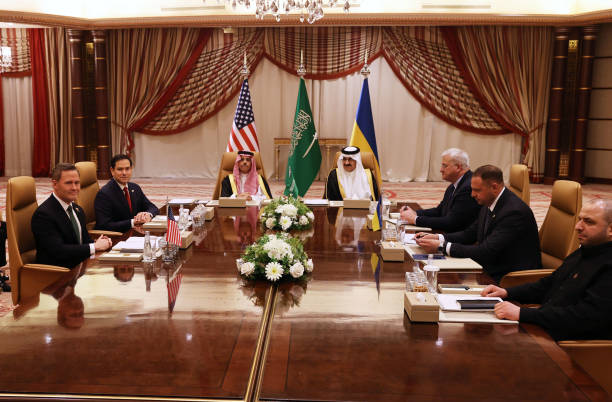
The United States is employing business-style negotiation tactics to push for progress in the Ukraine Conflict. The White House maintains that an agreement is imminent, applying pressure on Russia and Ukraine to reach a resolution.
Russia’s Calculated Approach to Negotiations
While the U.S. favors quick resolutions, Russia is prioritizing a meticulous negotiation strategy regarding the Ukraine Conflict. Putin’s administration has pushed back against premature ceasefire agreements, emphasizing the need for a well-structured deal that can endure geopolitical shifts.
30-Day Ceasefire Agreement and Its Limitations
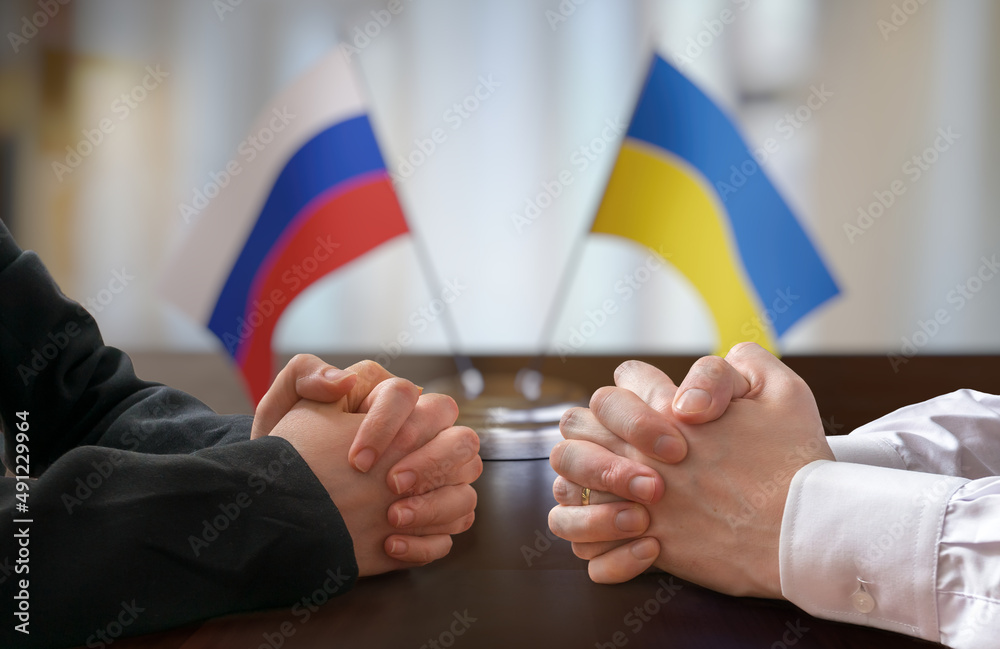
A 30-day ceasefire has been agreed upon regarding attacks on energy infrastructure in the Ukraine Conflict, though it does not extend to all military operations. This temporary agreement is seen as a minor concession, as Russia’s military strategy involves periodic strikes.
The Strategic Role of Expert Groups and Future Talks
To facilitate negotiations in the Ukraine Conflict, expert groups have been established to discuss pathways to a long-term resolution. The first meeting is scheduled for March 23rd in Riyadh, though Russia may delay it to strengthen its bargaining position.
Trump-Zelensky Communications and Power Dynamics
A recent phone call between Trump and Ukraine’s President Volodymyr Zelensky revealed shifting power dynamics in the Ukraine Conflict. Reports indicate Trump kept Zelensky waiting for several hours, signaling Ukraine’s secondary role in negotiations. The discussion centered on military support, including Patriot missile systems.
European Concerns and Russian Territorial Demands
European nations like France and Germany have been sidelined in key U.S.-Russia discussions related to the Ukraine Conflict, potentially causing diplomatic friction. Meanwhile, Russia insists on retaining control over four occupied Ukrainian regions, considering them non-negotiable.
The Broader Impact of the Ukraine Conflict
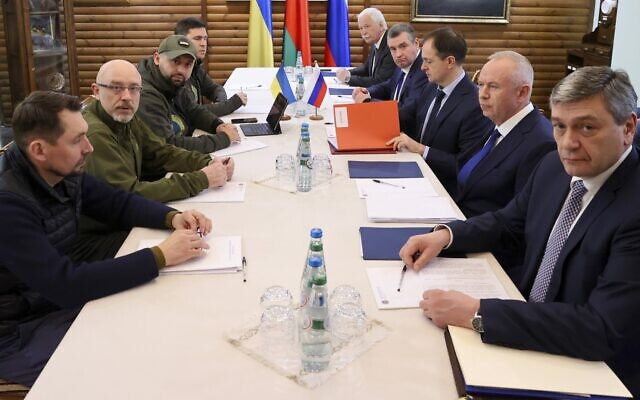
As Russia advances militarily, Western analysts suggest that Ukraine’s best option may be a negotiated settlement in the Ukraine Conflict. Economic sanctions have not deterred Russia, and prolonged warfare may weaken Ukraine’s position further. Some experts, like Lieutenant Colonel Daniel Davis, emphasize the strategic necessity of diplomatic resolutions.
The Future of Ceasefire Negotiations
The success of a long-term ceasefire agreement in the Ukraine Conflict depends on factors like arms supplies, intelligence sharing, and enforcement mechanisms. Russia is expected to leverage its military advantage to dictate terms, ensuring Ukraine cannot rearm during any potential ceasefire.
Conclusion: What Lies Ahead for US-Russia-Iran Relations?
The Ukraine Conflict remains a highly complex and evolving geopolitical issue. The United States, Russia, and Ukraine continue high-stakes negotiations, with Iran and European nations playing indirect but crucial roles. With ongoing diplomatic efforts, the critical question is whether a lasting peace settlement can be achieved—or if the Ukraine Conflict will persist until Russia secures a decisive advantage.
For more updates on global affairs, visit TrendyTimes Global Affairs.
